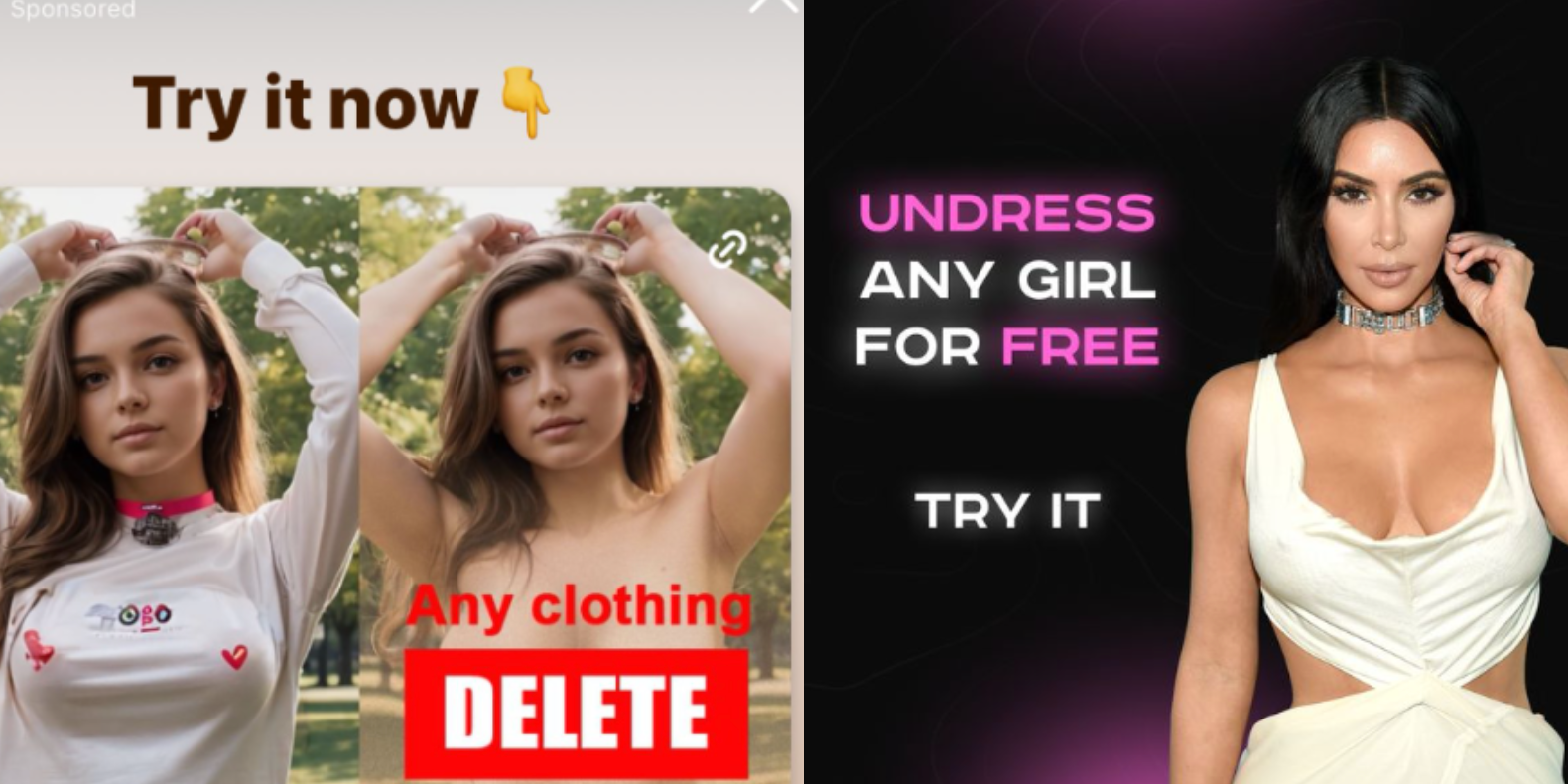Instagram is profiting from several ads that invite people to create nonconsensual nude images with AI image generation apps, once again showing that some of the most harmful applications of AI tools are not hidden on the dark corners of the internet, but are actively promoted to users by social media companies unable or unwilling to enforce their policies about who can buy ads on their platforms.
While parent company Meta’s Ad Library, which archives ads on its platforms, who paid for them, and where and when they were posted, shows that the company has taken down several of these ads previously, many ads that explicitly invited users to create nudes and some ad buyers were up until I reached out to Meta for comment. Some of these ads were for the best known nonconsensual “undress” or “nudify” services on the internet.



Privacy violations fall under illegally acquiring content, which is not subject to free use.
But if I obtain it legally, I either own it (e.g. I took the picture) or am subject to free use restrictions (e.g. I got it from your website or something). In that case, your only real way to stop me is with libel law (and similar). If I manipulate the video in such a way as to make false, damaging statements about you, you can sue for libel.
That’s my point. So if I only use legally obtained pictures, I can do whatever I want with those for my own personal use. If I share them, I may be subject to libel laws, fair use laws (e.g. if I took it from your website), etc.
So I don’t see a realistic defense on privacy grounds for deep fakes, it’s going to be fraud and libel laws, assuming the source pictures were obtained legally. The pictures being creepy isn’t the issue, at least as far as the courts are concerned.